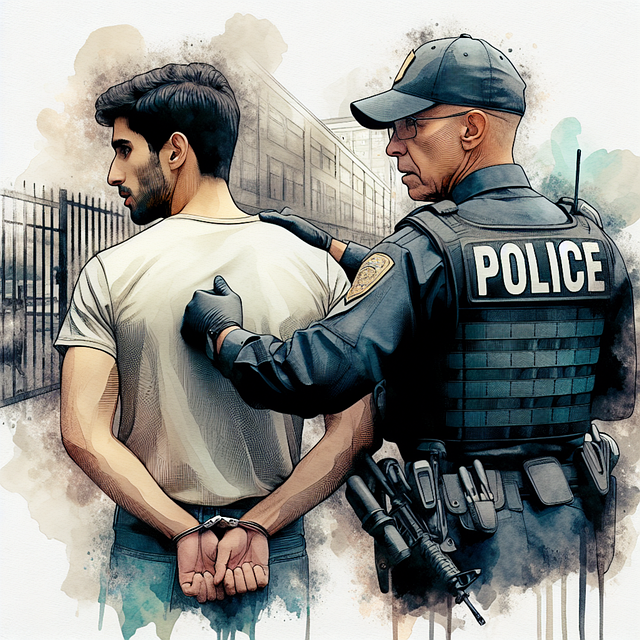Veterans charged with DUI face a unique challenge due to their specialized legal needs and combat zone driving experiences, which intersect with evolving vehicle safety feature technologies like airbags, ABS, ESC, and alcohol detection sensors. Understanding these interactions is vital for both driver protection and legal compliance. This text explores how modern car safety systems impact DUI cases, emphasizing the importance of knowledge in deterring drunk driving. For veterans, leveraging support groups, mental health services, and specialized programs, along with their understanding of vehicle safety features, can bolster defense strategies and promote successful reintegration into civilian life while navigating DUI regulations effectively.
- Understanding DUI Laws and Their Impact on Veterans
- The Role of Vehicle Safety Features in DUI Cases
- How Tailored Help Can Make a Difference for Veteran Defendants
- Exploring Alternative Solutions and Resources for Veteran DUI Offenders
Understanding DUI Laws and Their Impact on Veterans

Veterans facing DUI (Driving Under the Influence) charges often find themselves navigating complex legal terrain, which can be even more challenging given their unique circumstances and the specific laws governing vehicle safety features. DUI laws vary across jurisdictions, but they generally share common elements aimed at ensuring public safety on roads. These laws consider blood alcohol content (BAC) levels, driving abilities, and potential impairment caused by substances like alcohol or drugs. For veterans, understanding these laws is crucial as their experiences—both military and civilian—may shape their interactions with the legal system.
Vehicle safety features are another critical aspect that intersects with DUI defense. Modern cars are equipped with various advanced safety systems designed to prevent accidents and protect occupants. These include airbags, anti-lock braking systems (ABS), electronic stability control (ESC), and vehicle-to-vehicle communication technologies. In DUI cases involving veterans who may have been involved in combat zones, knowledge of these features and their potential impact on BAC testing is essential for building a robust defense strategy.
The Role of Vehicle Safety Features in DUI Cases

How Tailored Help Can Make a Difference for Veteran Defendants

Exploring Alternative Solutions and Resources for Veteran DUI Offenders

Many veterans who find themselves facing DUI charges may benefit from exploring alternative solutions beyond traditional legal defenses. This is particularly crucial when considering the unique challenges they face, including potential co-occurring disabilities and transitions from military to civilian life. Resources like veteran support groups, mental health services, and specialized rehabilitation programs can offer comprehensive help. These initiatives not only address alcohol abuse but also enhance coping mechanisms and reintegration into society.
Additionally, understanding vehicle safety features and their role in DUI prevention is essential. Modern cars are equipped with advanced technologies designed to promote driver safety, such as airbags, anti-lock braking systems (ABS), and electronic stability control (ESC). Knowledge of these features can be leveraged during legal arguments, emphasizing proactive measures to ensure vehicle safety. Moreover, staying informed about the latest developments in DUI law, including any veteran-specific provisions or leniencies, can further strengthen defense strategies tailored to their circumstances.
Veterans facing DUI charges require specialized assistance due to unique challenges they face. By understanding both DUI laws and the specific impact on veterans, tailored help can make a significant difference in their defense strategy. Incorporating knowledge of vehicle safety features into legal arguments can offer new perspectives in these cases. Moreover, exploring alternative solutions and resources ensures that veteran offenders receive fair treatment while considering their contributions to society. Recognizing these complexities is crucial for delivering effective legal support to veterans navigating DUI-related issues.






